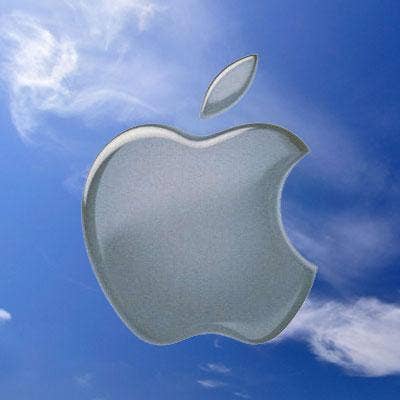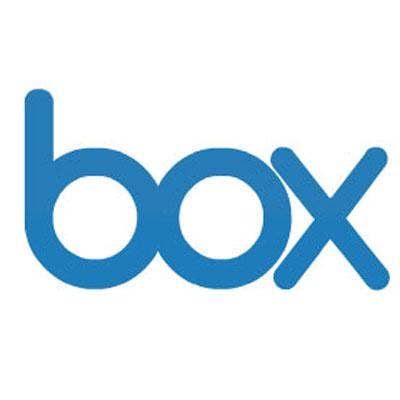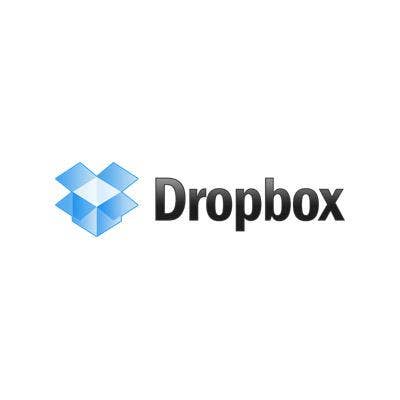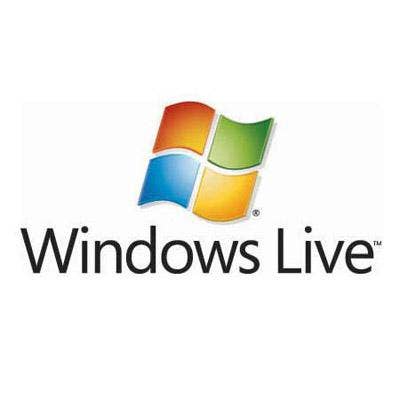iCloud Showdown: Apple iCloud Vs. Its Top 5 Competitors

Apple iCloud Makes A Splash
Apple's iCloud, though it won't hit the market officially until the fall, has already made a tremendous splash. As the lynchpin of Apple's cloud strategy, iCloud promises to allow users to automatically save content like photos, music, documents and more into the cloud so it is accessible from up to 10 devices. During the Apple iCloud Launch, Apple CEO Steve Jobs said iCloud will work on iOS, PC and Mac devices. According to Apple, iCloud users get 5 GB of storage for free for mail, documents, photos, account information, setting and other app data. Purchased music, apps, books and Photo Stream do not count against the free storage limits.
With iCloud shaking the cloud storage industry, we thought we'd look at who else is out there competing with iCloud and what they bring to the table. Here we look at iCloud's top five competitors in the cloud locker market.

Amazon Cloud Drive/Amazon Cloud Player
Cloud pioneer and retail colossus Amazon launched Amazon Cloud Drive and Amazon Cloud Player in March. The company calls Cloud Drive a "personal disk drive in the cloud," meaning that music, documents, photos, videos and other files can be stored on Amazon's servers in their data centers. Meanwhile, Cloud Player lets users stream the content stored on Cloud Drive to PCs, Macs and Google Android phones and tablets via the Web or an Android app.
Amazon launched the service offering 5 GB of storage for free on Cloud Drive. From there, the cost ranges from $20 to $1,000 based on the amount of storage. The cost is $1 per 1 GB of storage per year. Amazon also offers Cloud Drive discounts if music is purchased from its MP3 store, and Cloud Player is free to Amazon account holders in the U.S.

Box.net
Box.net has been around for six years and has become synonymous with cloud-based storage and content management. Like Apple iCloud and Amazon's offerings, Box.net offers cloud storage for users to save documents, music, video and other content. Unlike its competition, Box.net offers different account types whether for enterprise, business and personal that each have different features and functions. The personal edition is free up to 5 GB and scales to 50 GB; the business edition is $15 per user per month for up to 500 GB with enhanced features; and the cost of the enterprise version of Box.net varies, but that edition features advanced security and administrative controls.
Box.net offers mobile versions for Apple's iPhone and iPad, HP's WebOS and Google Android; and integrates with business applications like Google Apps, NetSuite, Salesforce and others.

Dropbox
Despite the recent authentication bug that opened all Dropbox cloud storage accounts and made them accessible without a password, Dropbox was iCloud before iCloud existed. The 4-year-old company targets consumers and SMBs with its cloud storage service that lets users save music, documents, videos and other content so it can be accessed from any Internet-enabled device. Dropbox offers the first 2 GB for free and a paid Pro account for up to 100 GB. A referral program gives users more space if they bring aboard new users. Dropbox also pays close attention to synchronization, letting users swap files and folders in the cloud.
Dropbox, which boasts 25 million users, works with Apple iPhone and iPad, Google Android and BlackBerry devices for mobile users and on Windows, Mac and Linux operating systems. It also integrates with a host of third-party app and offers developers the ability to integrate Dropbox into their service.

Microsoft Windows Live SkyDrive
SkyDrive is Microsoft's Windows Live cloud storage service that lets users store files and access them from a Web browser. Users can upload documents, files, photos, video and other media on PCs or Macs or Web-enabled mobile devices. SkyDrive gives users up to 25 GB of cloud storage for free and files stored to SkyDrive can be shared via e-mail or to groups.
SkyDrive's key differentiator is the ability to create, edit, view and share Office Web Apps.
Microsoft also recently updated SkyDrive so it leverages HTML5 and moves more swiftly. Microsoft also made it more consistent with Hotmail and added support for file uploads of up to 100 MB, double the old 50-MB limit.

SugarSync
SugarSync's name says it all. SugarSync is heavy on synchronization and syncs files, photos, media and other content among various devices. SugarSync also offers online backup. SugarSync offers cloud-based syncing and backup for all devices including PC, Mac, Apple iPhone, iPad, Google Android, BlackBerry and others. And SugarSync offers a mobile app for iPad, iPhone, iPod touch, Android, BlackBerry, Windows Mobile and Symbian devices. The company calls its services a "personal cloud" that offers access to all data at anytime, anywhere from any device. IT also enables file sharing and collaboration to share folders and files via a URL so data can be shared via social networks, e-mail, instant messages and more.
SugarSync is free for up to 5 GB of storage and offers paid plans ranging from 30 GB to 250 GB available in monthly and annual packages.